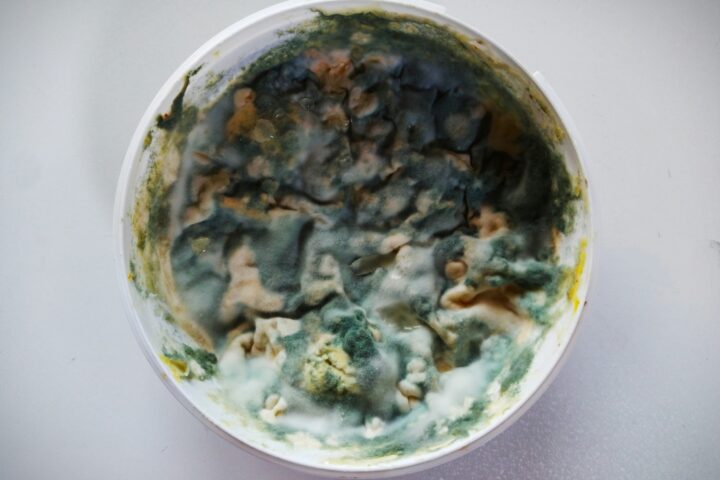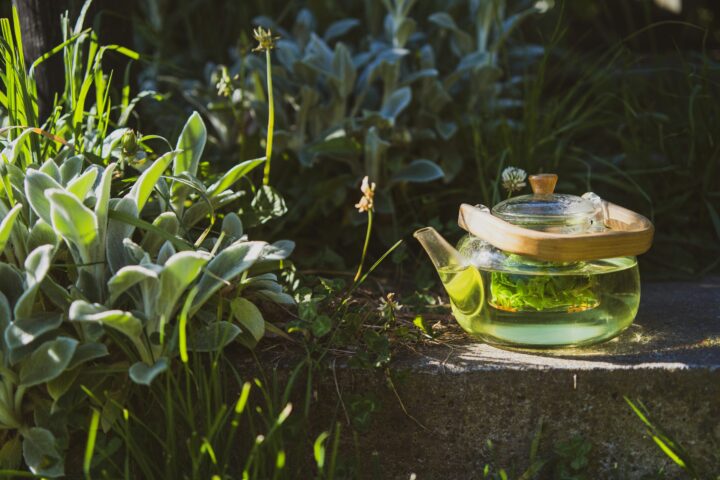
Technological progress in agriculture
In recent decades, technological progress has ensured that the application of plant protection products has become much more precise.
Wednesday, January 22, 2020
The key points in brief:
- New technologies are making agriculture more precise.
- Drones can be used to monitor fields more closely and apply pesticides more accurately.
- This reduces the amount of active ingredient used.
- Precise application of pesticides relies on the right formulation.
The digital development continues and includes areas such as disease detection using satellite images, GPS control, improved nozzle technology, the use of ultrasound and sensors, software-controlled optimisation of the spray volume, preventive seed treatment and many other measures. This means that the impact on the environment can be continuously reduced. Thanks to data-based farm management methods, the traceability of agricultural products is also becoming easier and transparency is increasing throughout the entire value chain from farm to fork.
Megatrend: digitalisation
Drones
Drones are increasingly finding their way into agriculture. They are already used, for example, for aerial photography, releasing parasitic wasps to control pests, or tracking fawns. Switzerland is the first country to have approved drones for the application of plant protection products. They are intended to provide an alternative to helicopter spraying in steep vineyards or to be used in vegetable growing instead of heavy tractors, which compact the soil. Drones allow for more precise and thus more economical and environmentally friendly use of the products. Each drone must undergo an authorisation procedure and is periodically inspected.
Filling, sprayer cleaning and disposal
The professional design of the filling and washing area plays an important role in minimising the environmental impact of plant protection products. This should be designed in such a way that no plant protection product residues can enter the environment during filling and especially during washing. Not all washing stations have yet been consistently converted. However, this is planned in the Plant Protection Action Plan, and in future every company will be required to present a washing station concept. This will guarantee professional handling of the products during the filling and washing process and further minimise environmental impacts. The research-based crop protection industry not only provides expert advice in this area, but also develops practical, professional solutions for filling, cleaning and disposing of crop protection product residues.
Good to know
The professional application of plant protection products is now a high-tech business, often undertaken by specialised contractors. The investments and expertise of the research-based industry are essential here, as it has experience in this area from all regions of the world and provides the formulations necessary for applying even the smallest quantities, such as seed treatment.
Related articles

Global facts on world food and agriculture
Only thanks to technological progress and modern crop protection will we be able in the future to conserve our resources while feeding a growing population in a healthy and affordable way.

Pesticides in Green Smoothies
After countless recipes for Christmas cookies, festive roasts and cocktails, the advice on losing weight, detoxing and beautifying oneself now takes centre stage. Most of it is sheer nonsense.

Natural Toxins: An Underestimated Risk in Our Food
Safe food cannot be taken for granted. While chemical substances are often the focus of public criticism, reality shows that the greatest risks to food safety are of natural origin. Recent recalls of infant food products illustrate how insidious bacterial toxins or moulds can be.

Herbal Teas: Making You Sick Instead of Slim
Plant protection products are frequently the focus of public criticism. Far less attention is paid to the fact that natural ingredients in teas and dietary supplements are also biologically active and can pose health risks.

